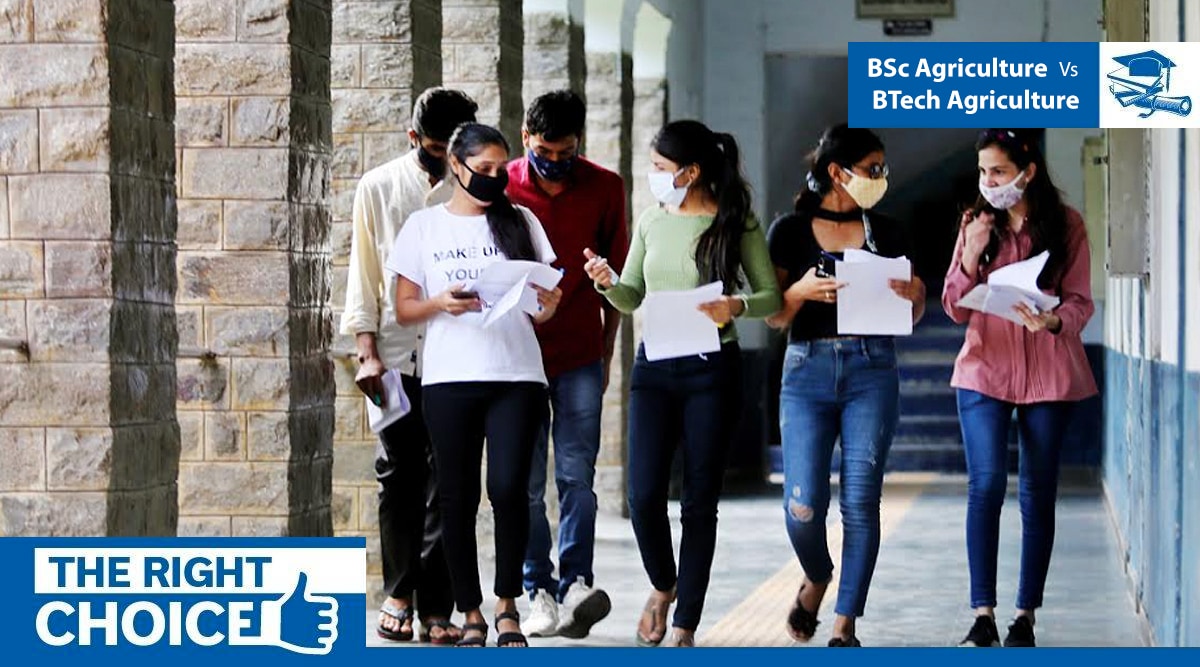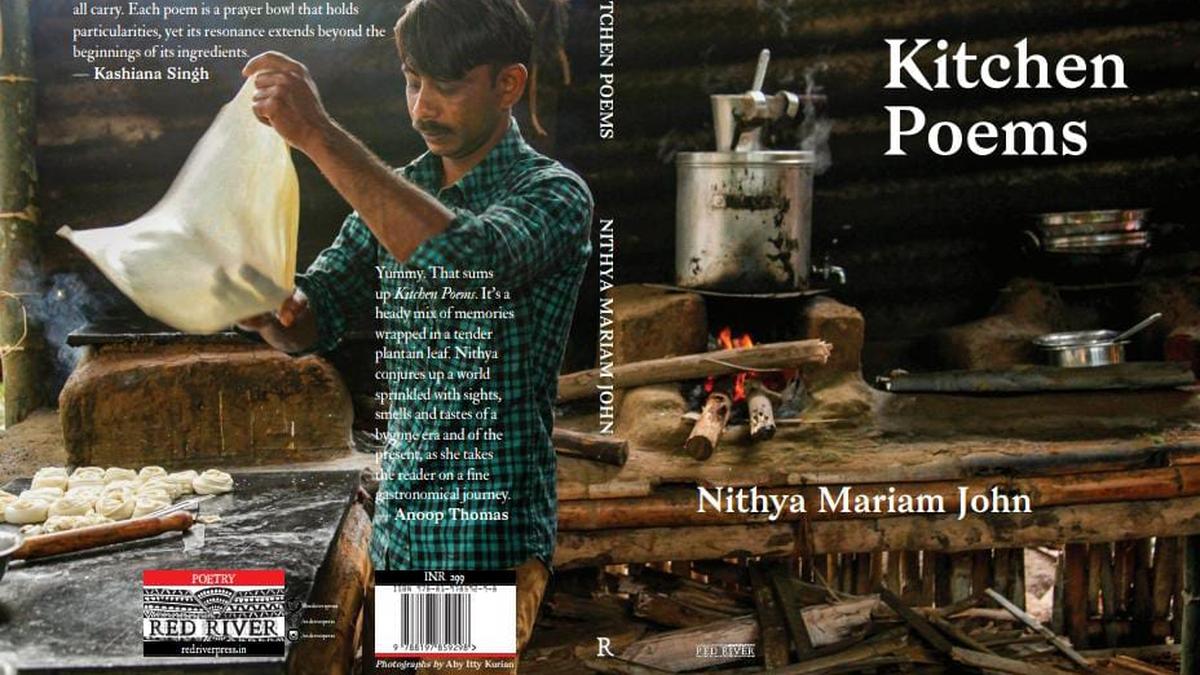(The Right Choice’ is a series by The Indian Express that addresses common questions, misconceptions, and doubts surrounding undergraduate admissions. You can read the stories here.)
Agriculture is a major contributor to the national economy in India, creating a demand for professionals with sound technical skills in the field. However, there is a general lack of awareness about the growth and future prospects of the courses in the area. .
Here is a look at two popular courses in the agricultural arena — Bachelor of Science (BSc) Agriculture and Bachelor of Technology (BTech) Agriculture Engineering.
Course structure
BSc in Agriculture is a three-year undergraduate degree that is aimed at introducing students to the foundational concepts of agricultural science. It is an ideal option for a student interested in learning the fundamentals of agriculture.
Highlighting the structure of the programme, Deputy Dean at the School of Agriculture at Lovely Professional University, Chandra Mohan Mehta, said, “The programme aids students in becoming familiar with farming practices. The training received in the course will help them think about how to raise productivity and improve agricultural quality in a sustainable manner. They are taught how to farm using environmentally friendly and bio-safe practices.”
BTech (Agriculture Engineering), on the other hand, is a four-year engineering programme, which teaches students the methodology to use technology and automation in agriculture and food production.
“In this course, everything revolves around how technology is used in agriculture. Society needs a technology-driven agricultural process to suit the needs of all living things. This is the reason that B.Tech in Agriculture programmes are available in all Indian agricultural schools and universities,” Mehta said.
Higher education scope
Candidates who successfully complete BSc. Agriculture can opt to do an agri-business management course, a specialised Master of Science (MSc) degree in agriculture, or an MBA. They are also qualified to hold professional positions in public and private institutions.
The Agriculture Engineering BTech can help students secure jobs at National Seed Corporation, Food Corporation of India, the various state farm corporations, Indian Space Research Organization (ISRO), among others. Additionally, they can opt to take the Graduate Aptitude Test in Engineering (GATE) for admission to graduate programmes.
“Although there are many possibilities for further education, a BSc in Agriculture is a preferable option if the individuals are more interested in research as opposed to technical fields,” Mehta said.
India has some of the finest private and government agricultural colleges. BTech in Agriculture is offered at Indira Gandhi Agricultural University in Raipur, the Agriculture University in Jodhpur, ITM University Gwalior among others. BSc Agriculture is offered at the Lovely Professional University in Jalandhar, the Swami Keshwanand Rajasthan Agricultural University in Bikaner, and the Indian Agricultural Research Institute in New Delhi, among others.
Job prospects
Mehta said the BTech in Agricultural Engineering has “an edge over BSc. Agriculture in terms of employment options and compensation”.
“About Rs 3 lakh is offered as the average compensation package for these graduates annually. However, the average compensation package for BTech graduates in Agricultural Engineering might reach Rs 7 lakh per year. One of the reasons for this huge difference is the current need for modern techniques of agricultural farming. Tech graduates are paid more than their counterparts,” Mehta explained.
!function(f,b,e,v,n,t,s)
{if(f.fbq)return;n=f.fbq=function(){n.callMethod?
n.callMethod.apply(n,arguments):n.queue.push(arguments)};
if(!f._fbq)f._fbq=n;n.push=n;n.loaded=!0;n.version=’2.0′;
n.queue=[];t=b.createElement(e);t.async=!0;
t.src=v;s=b.getElementsByTagName(e)[0];
s.parentNode.insertBefore(t,s)}(window, document,’script’,
‘https://connect.facebook.net/en_US/fbevents.js’);
fbq(‘init’, ‘444470064056909’);
fbq(‘track’, ‘PageView’);








